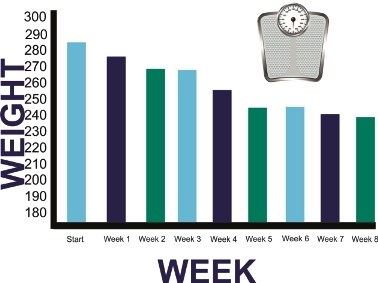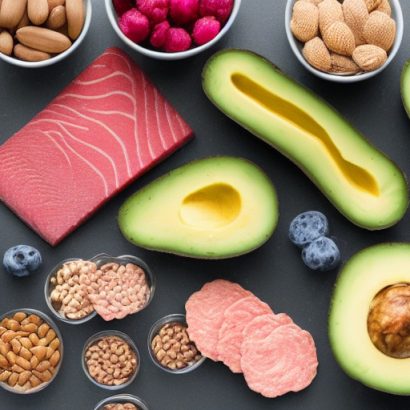Ketogenic diets have become increasingly popular for adults looking to lose weight or improve their metabolic health. However, there is still much to learn about the potential health benefits and risks of ketogenic diets for children. In this essay, we will discuss what a ketogenic diet is, the potential health benefits and risks associated with it, what to consider before starting a ketogenic diet, and how to implement a safe ketogenic diet.
Definition of a Ketogenic Diet
A ketogenic diet is a high-fat, low-carbohydrate diet that forces the body to use fat for energy instead of carbohydrates. It is typically used by adults to achieve weight loss or improve metabolic health, but it can also be beneficial for children. The exact macronutrient ratio of a ketogenic diet varies depending on the individual’s needs, but usually consists of 75-90% fat, 10-15% protein, and 5-10% carbohydrates.
Potential Health Benefits and Risks of a Ketogenic Diet for Children
The potential health benefits of a ketogenic diet for children include weight loss, improved metabolic health, and better cognitive performance. A study conducted by the University of Michigan found that obese children who followed a ketogenic diet for eight weeks experienced significant reductions in body weight and insulin resistance compared to children who followed a traditional diet.
However, there are also potential risks associated with a ketogenic diet for children. These include nutrient deficiencies due to the low intake of fruits and vegetables, dehydration due to increased water loss from the body, and constipation due to the lack of fiber in the diet. Therefore, it is important for parents to consult with their child’s pediatrician before starting a ketogenic diet to ensure that the child is old enough to safely follow the diet and does not have any underlying medical conditions that could be negatively impacted by following a ketogenic diet.
What to Consider Before Starting a Ketogenic Diet
When considering a ketogenic diet for a child, parents should consult with their child’s pediatrician before starting the diet to ensure that the child is old enough to safely follow the diet and does not have any underlying medical conditions that could be negatively impacted by following the diet. Additionally, parents should work with a registered dietitian or nutritionist to develop a meal plan that meets the nutritional needs of their child. A ketogenic diet should not be followed for longer than recommended by a medical professional.
How to Implement a Safe Ketogenic Diet
When implementing a ketogenic diet for a child, it is important to calculate the macronutrient ratio in order to ensure that the correct amount of fat, protein, and carbohydrates are consumed each day. It is also important to create meal plans with registered dietitians or nutritionists to ensure that their child’s nutritional needs are met while following the ketogenic diet. The meal plan should include sources of essential nutrients such as vitamins, minerals, and fiber. Finally, parents should ensure that all food is prepared in a safe and healthy manner.
Conclusion
In conclusion, a ketogenic diet can be a safe option for children when done under the guidance of their pediatrician and a registered dietitian or nutritionist. When considering starting a ketogenic diet for their child, parents should consult with their child’s pediatrician before starting the diet and work with a registered dietitian or nutritionist to develop a meal plan that meets their child’s nutritional needs. Furthermore, parents should ensure that all food is prepared in a safe and healthy manner. Further research is needed on the long-term effects of ketogenic diets for children.
People also ask
What age can you start a keto diet?
Beginning a ketogenic diet for children is not recommended until after age two. A ketogenic diet for children under this age places the child at risk of developing nutrient deficiencies and other health risks that could impede their growth and development. After age two, consulting with a nutritionist or physician experienced in managing pediatric diabetes using nutritional interventions can be beneficial in determining the optimal macronutrient composition, meal composition, and timing of meals and snacks to ensure adequate nutrition while achieving appropriate glycemic control. Blood tests should also be done regularly to monitor metabolic parameters as some ketone bodies might need to be supplemented to avoid hyperketonemia from occurring.
What are the side effects of ketogenic diet used in children?
The ketogenic diet may cause side effects in some children, including constipation, reflux, weight changes, and kidney stones (due to uric acid build-up in the blood). These problems can be minimized by staying hydrated and careful monitoring. Some families notice mood changes such as hyperactivity or irritability.

Get your custom keto meal plan
What’s your main health goal?


